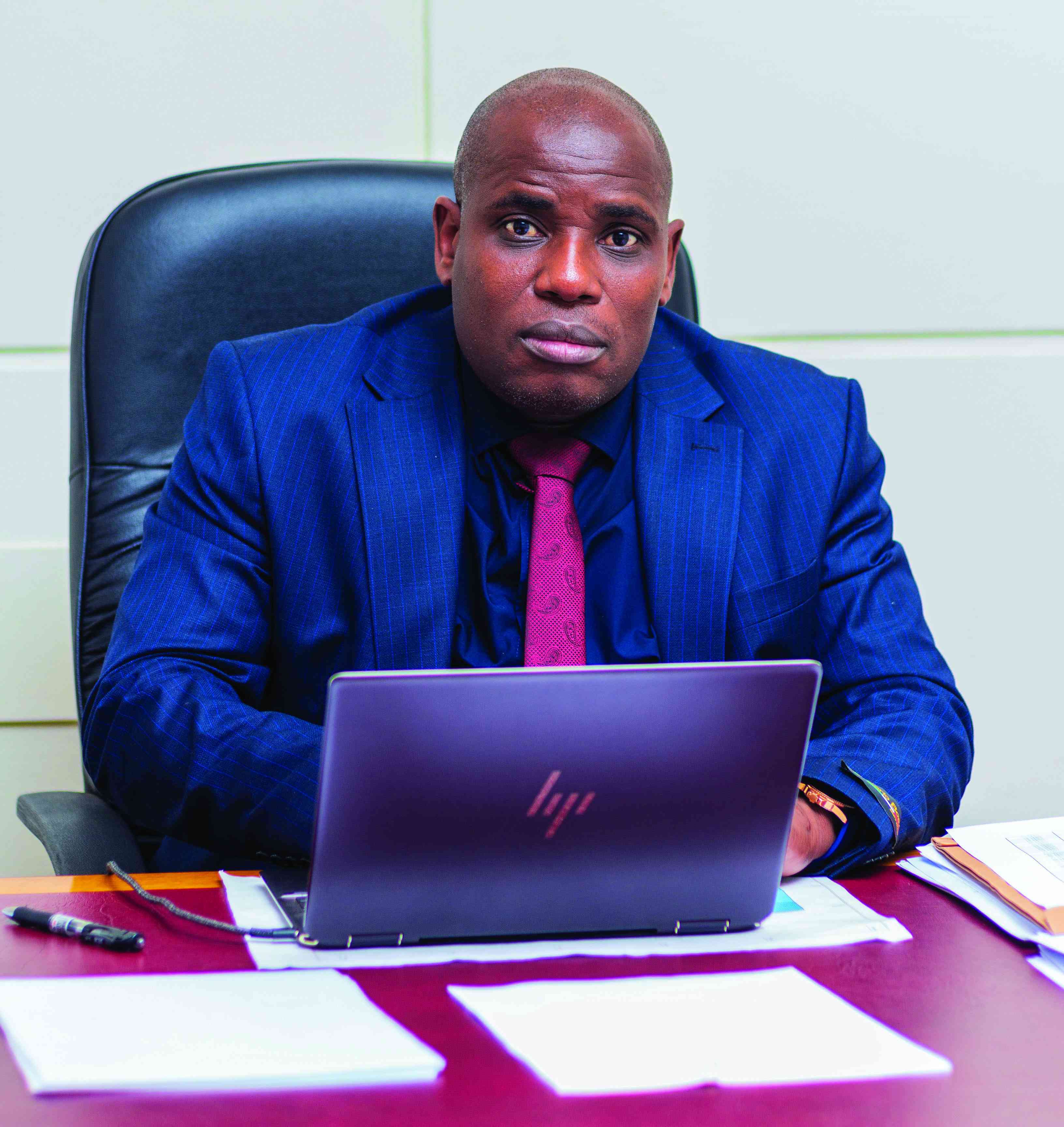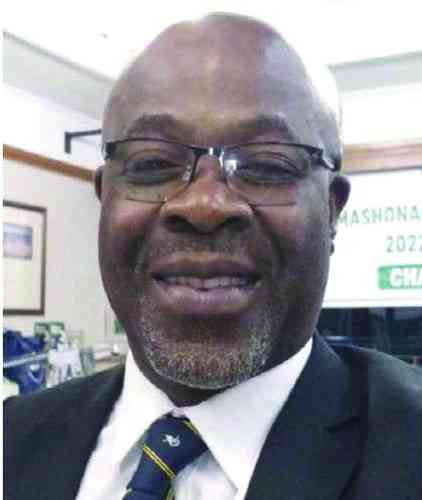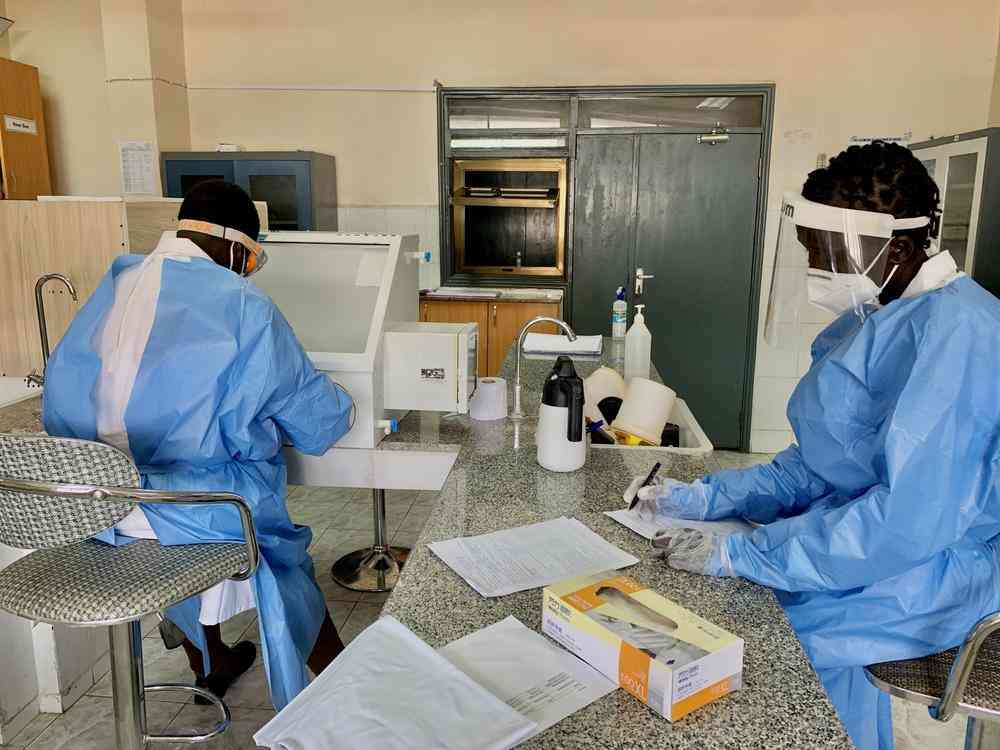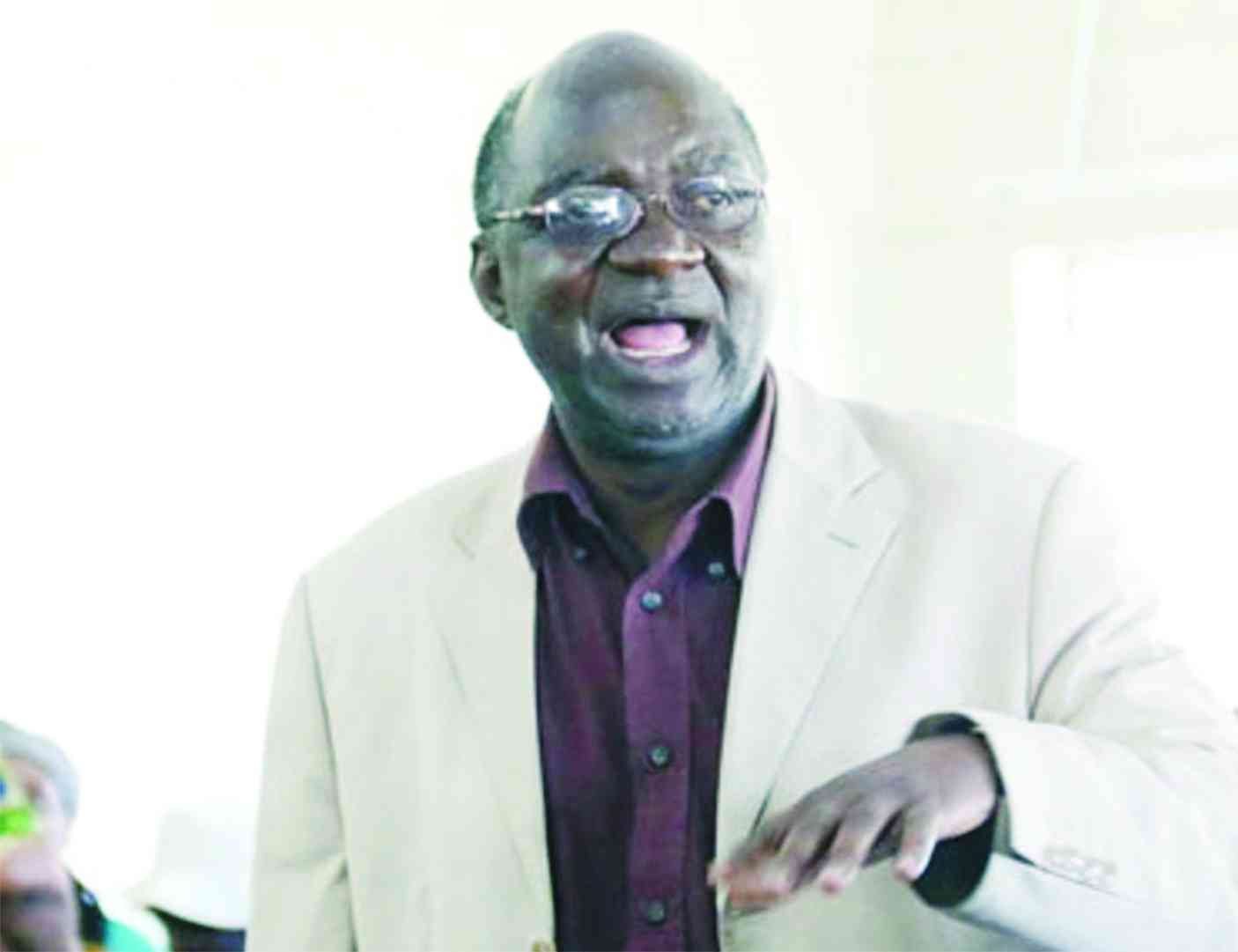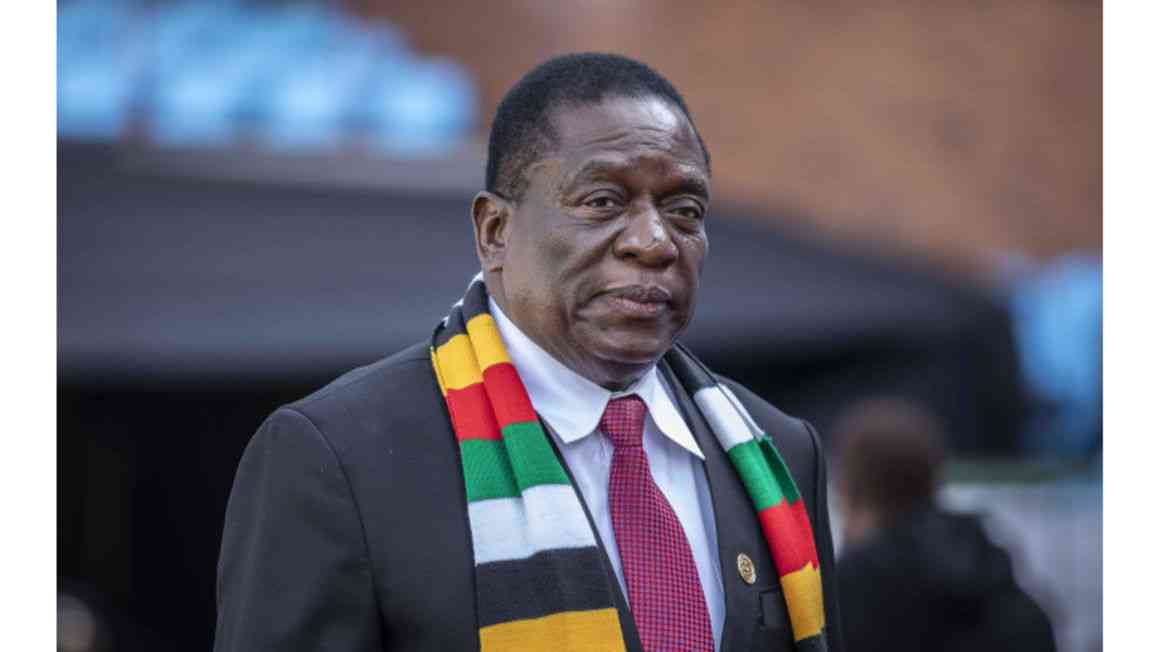
HUMAN Rights Watch said on Tuesday Mo zambican forces had killed about 10 chil dren and injured dozens amid battles to suppress weeks of post-election violence, as analysts pin-pointed numerous weak nesses affecting the Southern African Development Community (Sadc)’s ability to bring order in troubled hotspots.
President Emmerson Mnangagwa took over as the 16-member bloc's chairman in August.
The analysts highlighted lack of political will to take decisive actions on Sadc’s most pressing issues, including disputed polls, and procrastination in operationalising a Standby Force, among the factors holding back impetus to deal with identified problems.
Mnangagwa had his first glimpses of the bloc’s problems last week, when only four regional leaders showed up for an extraordinary summit he convened in Harare.
The summit was itself marred by Sadc’s decision to congratulate Mozambique for its October polls, even as disturbances rocked cities.
In a paper titled “The Role of Sadc in Managing Political Crisis and Conflict”, Gavin Cawthra, a professor at the Graduate School of Public and Development Management at South Africa’s University of the Witwatersrand, contends that the bloc had been rendered spineless due to the solidarity shared among incumbent leaders.
This solidarity and camaraderie, Cawthra argues, weakens Sadc from objectively addressing electoral conflicts.
“As a club of states, or presidents, Sadc tends to support incumbents in power and the presidents and states act in mutual support of each other.”
- Little hope for Zim, Africa
- African leaders dying overseas expose cruel deception of independence
- Sadc must intervene on Zim crisis: SA
- Sadc meets over water, energy and food security
Keep Reading
Cawthra’s reasoning resonates with the upheavals in Mozambique, where the ruling Frelimo’s Daniel Chapo romped to victory with 70% of the votes, which was followed by the distabilisation.
His closest rival Venâncio Mondlane has fled the country.
Mnangagwa congratulated Chapo before conclusion of the polls, triggering regional revulsion.
Civic society organisations accused Zimbabwe’s ruling Zanu PF of meddling in the Mozambican polls, tacitly lending support to Frelimo.
Despite the waves of violence and allegations of rigging, Sadc’s observer mission, led by former Zanzibar leader Amani Abeid Karume, endorsed the polls.
Mozambique was expected to come under leaders’ spotlight during last week's summit, but this spot light took the form of the congratulatory message.
Political analyst Reuben Mbofana said Sadc had been reduced to a redundant talk show.
“The relevance of Sadc in addressing regional challenges is a big issue,” Mbofana said.
“Yes, Sadc remains relevant but needs to enhance its effectiveness. So far, the group has proven itself incapable of adequately attending to problem areas,” he commented.
“This lack of political will makes it quite difficult to see the relevance of Sadc.
There is a need to strengthen governance within Sadc by enforcing compliance with protocols, especially on democracy and the rule of law. Sadc should move from being a mere talk show and be an organisation of action.”
The Southern African Legal Information Institute opines that while Sadc has requisite instruments and institutions to carry out its mandate, it has been affected by lack of “political consensus”.
“The Sadc Treaty, its various institutions and legal instruments constitute an important step in the direction of integration,” it said.
“The challenge now is how Sadc member states are willing to subject themselves to supranational governance as provided for by the treaty and implemented by the key institutions that also derive their mandate from the treaty.
“Among the many interventions that can be employed, Sadc needs the political consensus necessary among its member states and the technical capacity required among those charged with the responsibility for such a task for both an unequivocal commitment to deep integration and the full acceptance of the inevitable, but short-lived, political costs of such an undertaking.”
With Sadc yet to operationalise its Standby Force, military interventions in volatile hotspots have also been affected.
Mbofana said: “There is also a need to equip and professionalise the Sadc Standby Force to respond quickly to conflicts. The organisation should not wait to act at the last minute, especially with a poorly funded and equipped Standy Force.”
Tshwane University public affairs associate professor Ricky Mukonza noted that in its current state, the bloc is weak to tackle regional security challenges.
“Sadc is not suitable as a vehicle to address governance challenges in the region. This includes the perennial challenge of disputed elections,” he said.
“It is worse at this point where the legitimacy of the current Sadc chair is being questioned due to the very same problem of disputed elections.”
In 1980, regional leaders formed the Southern African Development Co-ordination Conference in Zambia with the primary objective of reducing the region’s reliance on the then apartheid South Africa.
The bloc transformed to Sadc in 1992.

